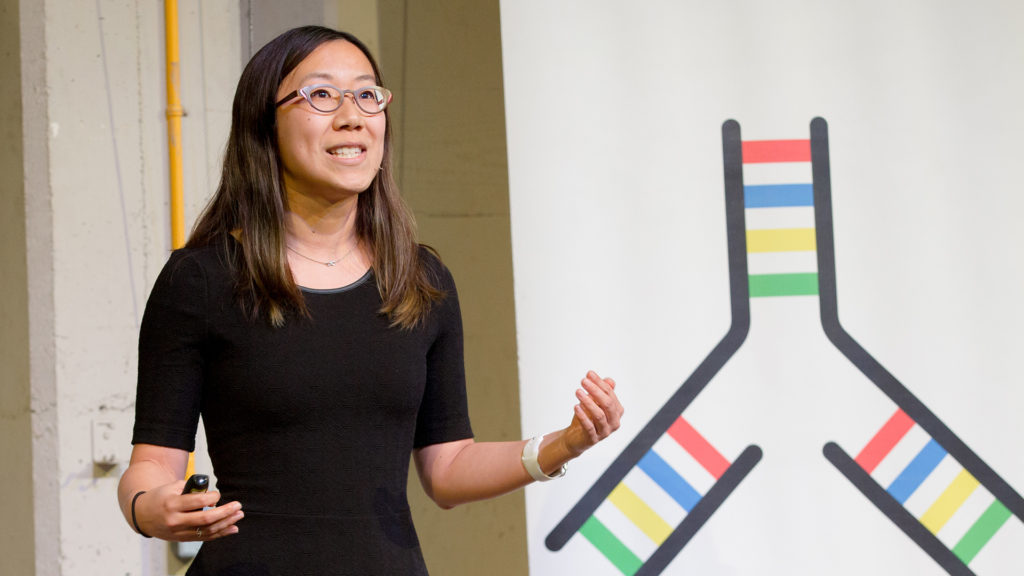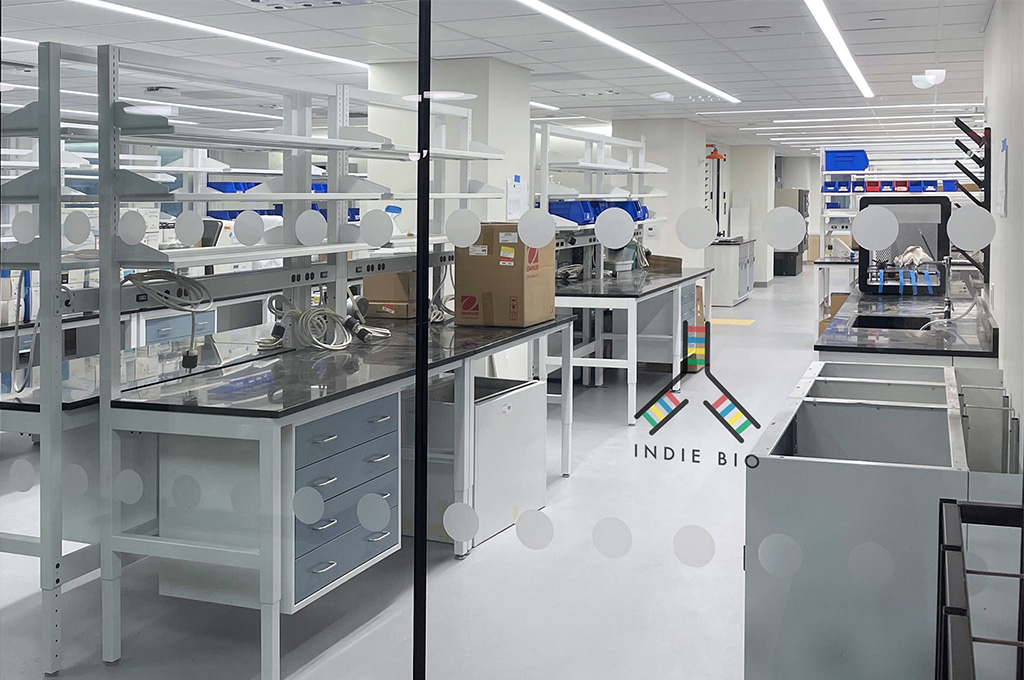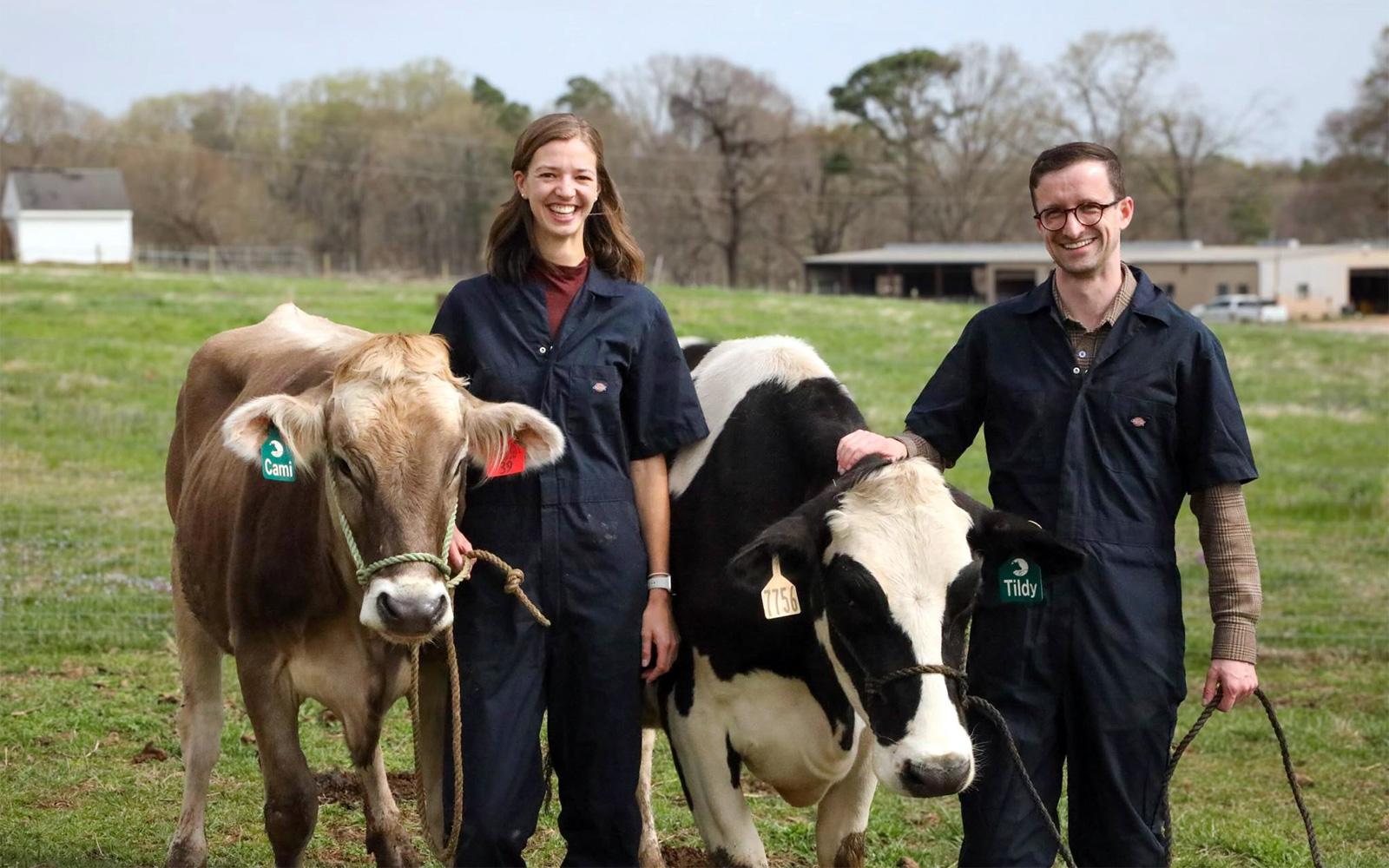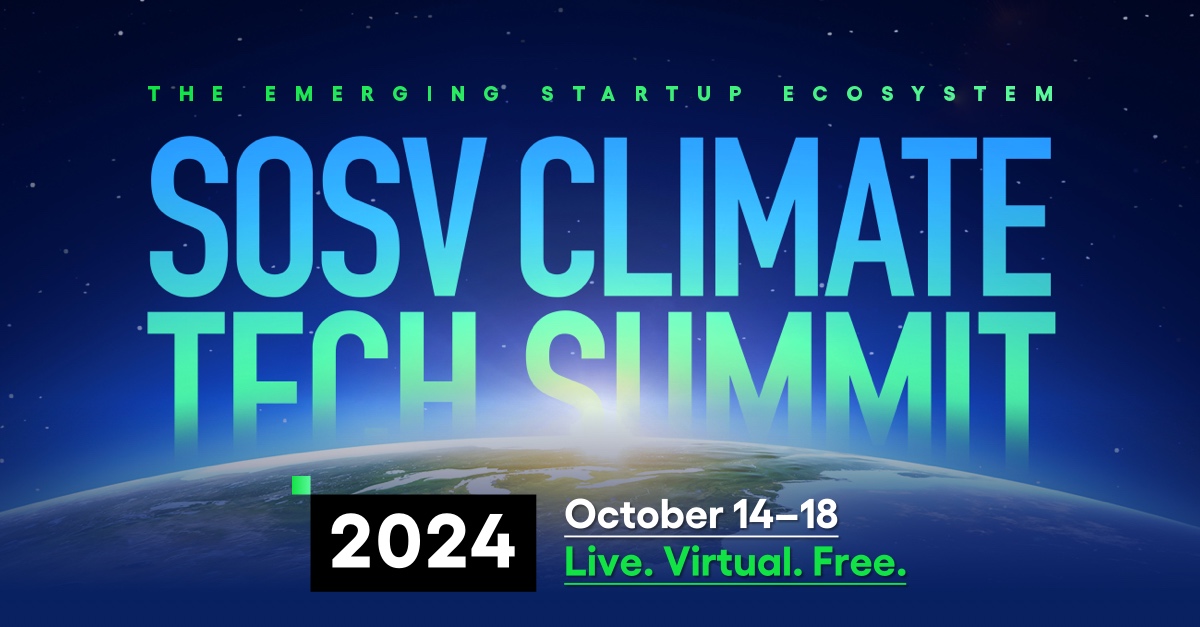
Next-generation DNA sequencing technology has revolutionized biological research over the last decade, but very few advancements have been made in proteomics, the next great frontier of biological data.
MYi is developing these new methods to study proteins in order to better understand, manage, and cure disease. I spoke with Jun, the company’s COO, to learn about the team’s expertise, the potential of the field of proteomics, and the impact MYi hopes to have. Check out her pitch live on February 4th on IndieBio’s Demo Day Livestream!
A: Tell me about your background, how did you get interested in the biotech space?
J: Our team knew each other from our time at The Scripps Research Institute, where I obtained my Ph.D. in chemical biology. I’ve always wanted to apply my work to therapeutics, but after working in that industry, I realized the slow pace of biological discovery. Leaps in innovation only happen after technological breakthroughs that make research better, faster, cheaper, and more accessible. Hence at MYi, we are doing just that.
A: What problem are you working to solve at your company, MYi?
J: MYi is developing high-throughput assays to look at multiple proteins in a single sample by utilizing the advancements in next-generation sequencing. Proteomic analysis today is very low-throughput and expensive because it is difficult to amplify and manipulate the signal of proteins. However, if we can bridge protein technologies with DNA technologies, like PCR and sequencing, we open up a lot of opportunities. We do this by putting DNA tags on protein-binding molecules, like antibodies. With our technology, we will enable the next wave of biological data and facilitate precision medicine.
A: If you could only pick one thing to validate your reason for forming a startup, what would it be? In other words, what would be the single biggest indicator to you that you are doing the right thing?
J: There are too many diseases, both common and rare, that we can’t cure or even effectively manage. Our inability to do so is due to a major knowledge gap in our understanding of the molecular basis of these diseases. While DNA sequencing has begun to fill in these gaps, our genetics are only a part of the story. MYi is further filling this knowledge gap by analyzing proteins in an unbiased way to find disease patterns that no one knew were even there. Our biggest validation would be to find the root cause of an individual’s disease in a manner that would lead to an intervention.
A: How do you think success can change your industry?
J: Like how next-generation sequencing technologies enabled and accelerated the field of genomics, MYi hopes to bring that growth to proteomics. Furthermore, this will create a flood of data that, in combination with genomic and exome data, will inform therapeutic development.
A: How is your team uniquely able to tackle this? What’s the expertise?
J: Our team consists of accomplished scientists in personalized medicine and bioinformatics, like Nicholas Schork (CEO) and Kristopher Nazor (CSO), who have shown that big data approaches can advance our understanding of complex diseases such as cancer or even autism. Additionally, we have experts in bioconjugation and nucleic acid chemistry, such as Devon Cayer (CTO) and myself. We are also joined by a seasoned business officer, Maria Forero. Together, we have the technical and business experience to realize the vision that we all share.
A: Any big lessons learned transitioning from academia to startup entrepreneurship?
J: Being in academia and in a startup are actually very similar: long hours, low pay, drive to innovate, and responsibilities to funding agencies (grants/journals vs investors/customers). The biggest difference is that in a startup you are a part of a team that is all running towards the same goal. The camaraderie and support is invaluable.
A: What’s the biggest challenge you’ve encountered so far?
J: Running a biotech startup in a lean manner has been very challenging. Unlike software-based companies, biology has a lot of overhead in lab space, consumables, and operational logistics that are both expensive and time-consuming. It’s a huge challenge to juggle the science, business, customer acquisition, and funding all at once while under a time crunch. But that’s also why this stage of a startup is the most fun and exciting.
A: What are the big goals and milestones you’re looking to hit in the short term? Long term?
J: The first major milestone is to get our first assay kit on the market. From there we hope to scale, create follow-up products, and partner with other organizations to develop diagnostics and therapeutics.
Get in touch with Jun at jun@myidiagnostics.com



